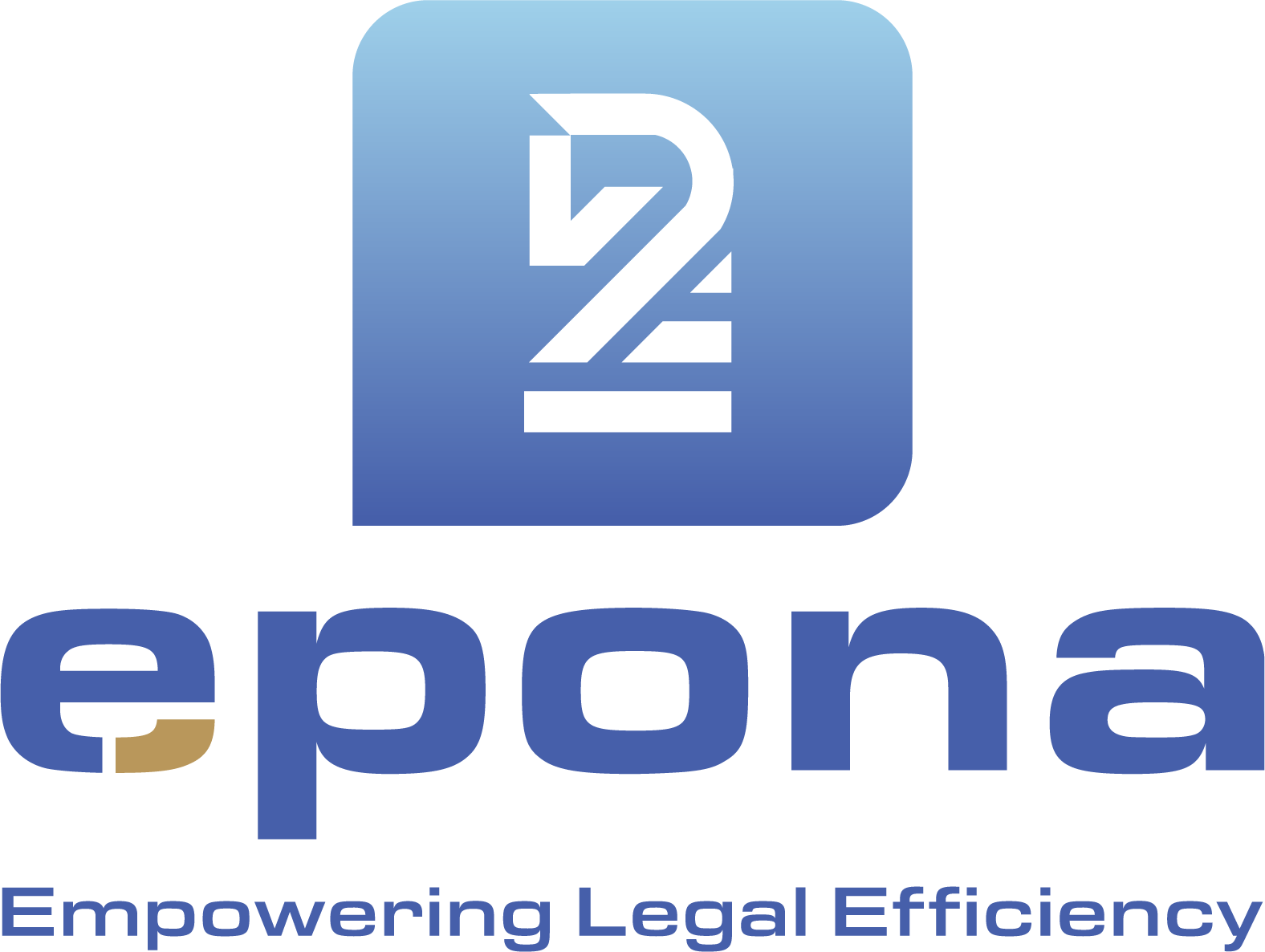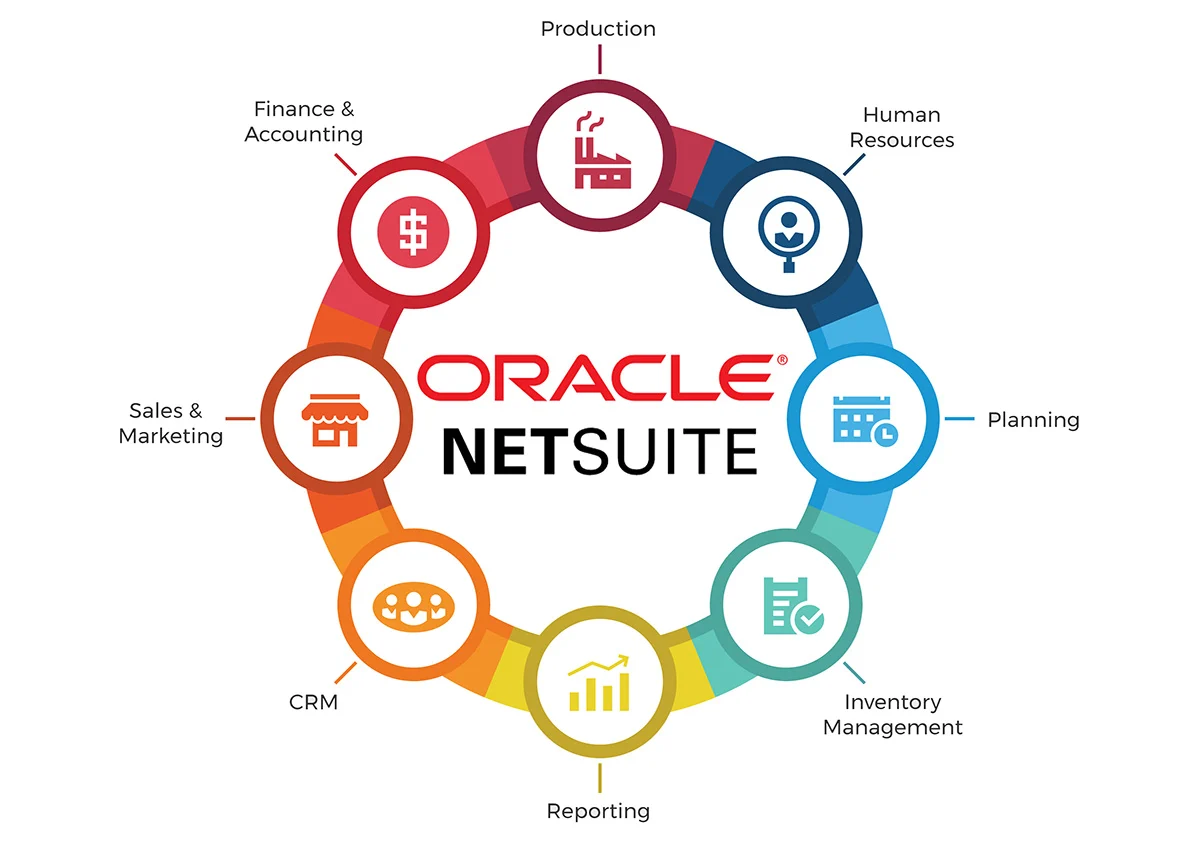NetSuite ERP
Delivering digital transformation. Simplifying growth.
We help European growth companies move from complexity to clarity by aligning strategy, systems, and people.

+200
digital transformation projects
+250
customers across Europe
+100
certifications
+65
experts in 8 countries
Trusted by 250+ Scale-ups across Europe













Our approach
Discover, Build, Scale
A proven methodology to align your strategy, systems, and people
Discover
Deep Analysis, healthchecks, and strategic workshops to identify your digital transformation priorities and quick wins.
Build
NetSuite implementation, integrations, and AI-powered tools— configured by European experts who understand your business.
Scale
Ongoing optimization, new capabilities, and proactive support. More than 90% of our clients stay with us post-go-live.
WHY NOVUTECH
Why growth companies choose Novutech
Not Big 4. Not generic consultants. European specialists who combine strategy, systems, and people for digital transformation that works.
Built for Companies in Transition
From €10M to €200M+ revenue, we specialize in growth companies that need enterprise systems with startup agility.
European Expertise
8 countries. Local compliance. Multi-currency operations. We understand European complexity so you can expand with confidence.
Business + Tech DNA
Qualified accountants, business strategists, and certified engineers working together— solutions that understand both finance and tech.
Long-term Partnership
More than 90% retention post-go-live – we're invested in your continued success.
Our solutions
Complete solutions for modern finance teams
One powerful tech stack, fully integrated to drive your growth.
Digital & Value Office
Strategic health checks, transformation roadmaps, and AI enablement to scale smarter, not harder.
Digital & Value Office
Understand your needs
NetSuite
Implementation, localization, optimization, and long-term support for Europe's #1 cloud ERP.
NetSuite
Understand your needs
Finance Platforms
Payhawk, Embat, Upflow, Pigment, and Invopop (e-invoicing)—best‑in‑class tools, implemented and integrated into your finance operations.
Finance Platforms
Understand your needs
Integrations
iPaaS expertise (Celigo, Workato) and custom SuiteScript development for seamless system connections.
Integrations
Understand your needs
Order-to-Cash Solutions
Subscription billing, complex revenue recognition, and automated quote-to-cash processes.
Order-to-Cash Solutions
Understand your needs
AI & Automation
Dust implementation, MCP services, and intelligent workflows that orchestrate your entire tech stack.
AI & Automation
Understand your needs
TESTIMONIALS
What our customers say about us
See what our customers have to say about working with us
[PIAS]
"Novutech's expertise was key to achieving global financial harmony across our 30 subsidiaries."
100% digital accounting
[PIAS]
Professional Services
"Novutech's expertise was key to achieving global financial harmony across our 30 subsidiaries."
Unifiedpost Group
"We needed a system that could manage our international expansion and keep up with UnifiedPost's growth."
23 countries
Unifiedpost Group
Fintech
"We needed a system that could manage our international expansion and keep up with UnifiedPost's growth."
Rydoo
"The team understood our scale-up challenges and delivered a solution that grew with us."
1M users worldwide
Rydoo
Fintech
"The team understood our scale-up challenges and delivered a solution that grew with us."
Industries
Industries we serve
International
Run global finance with one platform—multi-country, multi-subsidiary, fully localized.
International
Discover Suite Analytics NovuPack.
Professional Services
Project accounting, resource management, and time tracking.
Professional Services
Discover Suite Analytics NovuPack.
Software-SaaS
Subscription billing, revenue recognition, and multi-entity management.
Software-SaaS
Discover Suite Analytics NovuPack.
Investor-Backed
Rapid integration, reporting standardization, and exit readiness.
Investor-Backed
Discover Suite Analytics NovuPack.
Fintech
Regulatory compliance, multi-currency, and complex billing.
Fintech
Discover Suite Analytics NovuPack.
Resources
Latest publications

NetSuite ERP
Why NetSuite in 2026: Why Your Implementation Partner Matters More Than Ever
Why NetSuite in 2026: Why Your Implementation Partner Matters More Than Ever
January 26, 2026

Financial Management
Close Your Crypto Books in 3 Days (Not 18): How NetSuite + Tres Finance (Crypto Accounting & Treasury) Helps Scale‑ups
Close Your Crypto Books in 3 Days (Not 18): How NetSuite + Tres Finance (Crypto Accounting & Treasury) Helps Scale‑ups
December 23, 2025
Ready to simplify your growth ?
Let's discuss how we can help you move from complexity to clarity.
